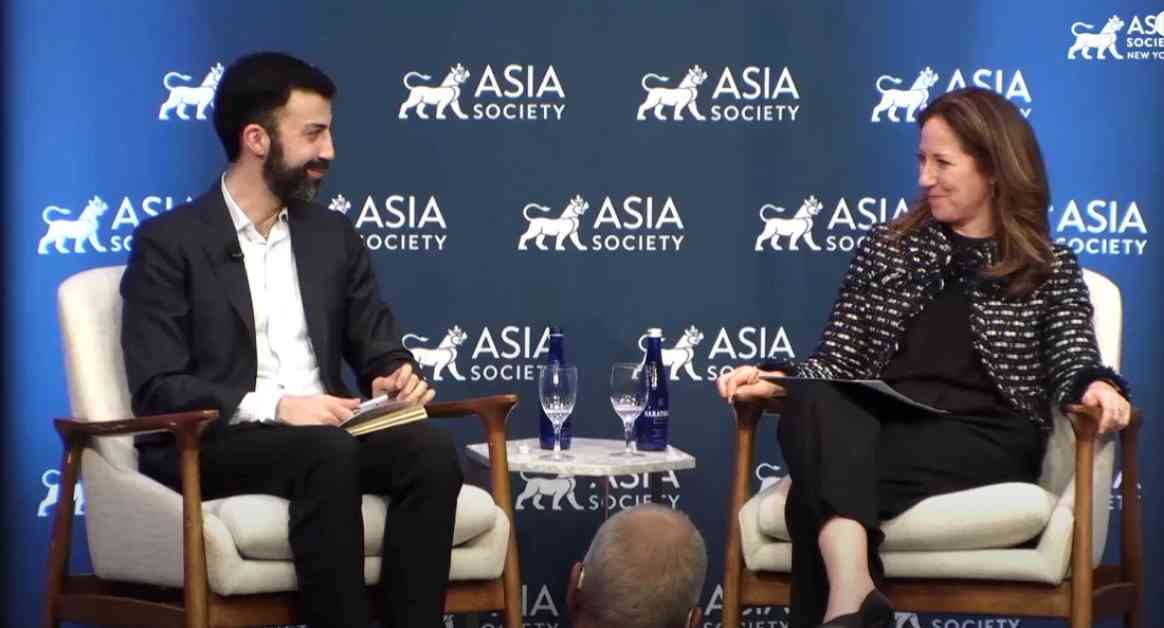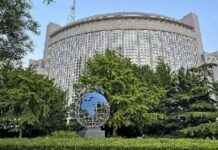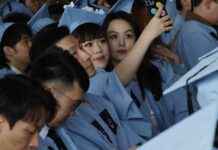On March 11, ChinaFile and the Center for China Analysis (CCA) hosted a chit-chat between Julian Gewirtz, a historian, China expert, and former senior director for China and Taiwan Affairs at the National Security Council under President Joe Biden, and ChinaFile Editor-in-Chief and CCA Senior Fellow Susan Jakes, about the future landscape of U.S.-China relations under the new U.S. administration. They discussed the Trump administration’s plans to overturn the norms and institutions that have underpinned U.S. foreign policy for decades and helped prevent a fraught relationship from escalating into armed conflict, and how these plans could influence U.S.-China relations. They also dove into what this means for President Xi Jinping’s ambitions for China, how he perceives the opportunities and challenges facing the country, how he interprets changes in U.S. policy, and how it may affect his calculus on China’s domestic and foreign affairs toward the United States in the coming months.
Gewirtz, who used to work closely with the Biden administration, shed light on the potential impacts of Trump’s actions on the already shaky U.S.-China relationship. He mentioned how the dismantling of established foreign policy norms might shake things up in the international arena. Gewirtz also touched on Xi Jinping’s mindset and how he’s going to navigate through the changing U.S. stance. Jakes, the Editor-in-Chief, added her two cents on the matter, raising questions about the long-term implications of these shifts in U.S. policy on China’s domestic and foreign strategies.
It’s not really clear why this conversation between Gewirtz and Jakes matters, but maybe it’s just me, but I feel like understanding the dynamics of U.S.-China relations is quite important in today’s global landscape. Gewirtz and Jakes went on to analyze the potential consequences of the U.S. administration’s decisions on China’s future trajectory. They speculated on how Xi Jinping might react to these changes and whether it would impact his plans for China’s growth and influence on the world stage.
As the discussion progressed, Gewirtz and Jakes explored various scenarios that could unfold in the near future. They pondered over the possible strategies that both the U.S. and China could adopt in response to the shifting dynamics of their relationship. The conversation veered towards the implications of these strategic decisions on the economic, political, and security landscapes of both countries. Gewirtz and Jakes seemed to be in agreement that the coming months would be crucial in determining the direction of U.S.-China relations.
In conclusion, the dialogue between Gewirtz and Jakes highlighted the complexities and uncertainties surrounding the future of U.S.-China relations. It’s not entirely clear how things will play out, but one thing is for sure – the decisions made by both countries in the coming months will have far-reaching implications for the global order. As Gewirtz and Jakes wrapped up their conversation, one thing became evident – the need for continued dialogue and engagement between the U.S. and China to navigate through these turbulent times. So, buckle up folks, it’s going to be a bumpy ride ahead.

















